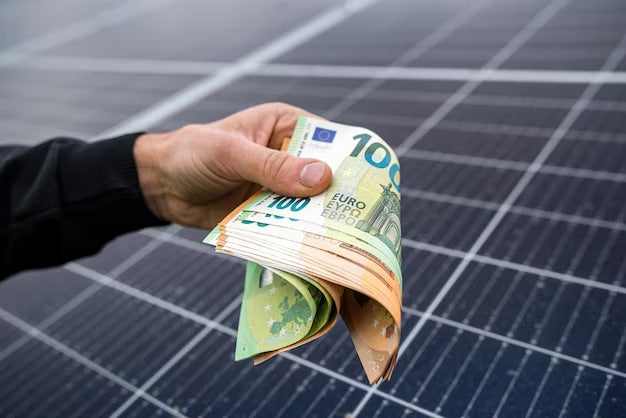
Why solar is a very profitable investment - also without subsidies
The advent of residential solar in Europe has been promoted by huge subsidies over the past years. Households have happily taken up the offers, often saturating the administrative capacity to process subsidy petitions in a timely manner. With strong uptake in solar installations, big investments in solar production capacity in Asia have kept prices or panels falling. Consequently governments have started to scale back their subsidies for solar installations. But is solar a profitable investment for a household, also without the subsidies?
Subsidies, a two edged sword
While at first glance “free money” seems like a great thing for the consumer, subsidies for solar installations have been tied to a lot of complications and big delays. Long waiting times and the uncertainty of approval of subsidies have frustrated consumers, rethinking or even canceling their solar investments. In Spain, where some subsidies have run out on 31.12.2023, a sharp drop in solar projects is being registered. Industry experts have mixed feelings about subsidies, since they tend to overheat markets and distort equilibrium between the stakeholders that have to deploy solar projects. So, are subsidies really needed to make solar projects a profitable investment?
Prices for solar panels keep falling steadily
The price of solar panels has been falling steadily over the past decades, since 1976 by 99.6% to be precise (see infographic). It is now at a level so low that even small scale solar installations can achieve payback times of under two years, while delivering energy (and thus paying back on the investment) for decades.
At Robinsun, we pass the price decreases on to our customers. In the past year we were able to lower the prices of our plug & play solar kits repeatedly, while increasing performance by upgrading the components we use. With the launch of the latest version of our Performance kit, a payback period of under 2 years has been possible. A Robinsun Performance 800 kit in southern Europe can generate over 1.600 kWh/year, as we recently reported in another blog article. At an average price of €0,30/kWh VAT incl. from the power utility, the kit produces over €480/year in savings. At a price starting at €799 (VAT and transport included), this results in a payback time of just 1 year and 8 months, before the cost of the kit is paid back through savings on the power bill. Our new, bifacial, full black solar panels from QN Solar come with an extended production warranty of 30 years. After paying back the initial investment of €799, the plug & play solar kit keeps generating savings of over €480/year for another 28 years and 4 months. This adds up to over €13.600 in savings, net of the cost of the kit of just €799. It’s probably fair to call this a respectable return on a small investment - not to speak about the contribution made to save our planet from fossil fuels and decarbonising the energy a household consumes.
Conclusions
While subsidies sound like an attractive incentive, bureaucratic hurdles can cost a lot of money. In the case of our Performance 800 kit, waiting for 12 months to receive a subsidy before purchasing a kit leads to lost savings of €480. Under the 2023 subsidy regime that awarded €600/kWp, a plug & play solar kit of 840 Wp would have been eligible for a €504 subsidy. This amount is basically lost to a big extent by lost savings while waiting for the subsidy to be processed.
Also, with the cost of a plug & play solar kit so low already, and savings starting to materialize from the very first day the kit is self-installed at home, it seems unwise from an investment perspective to lose out on the big savings potential over the lifetime of a kit. Find out how much you can save with a plug & play solar kit, using our Savings Calculator, and get your kit today to start saving.


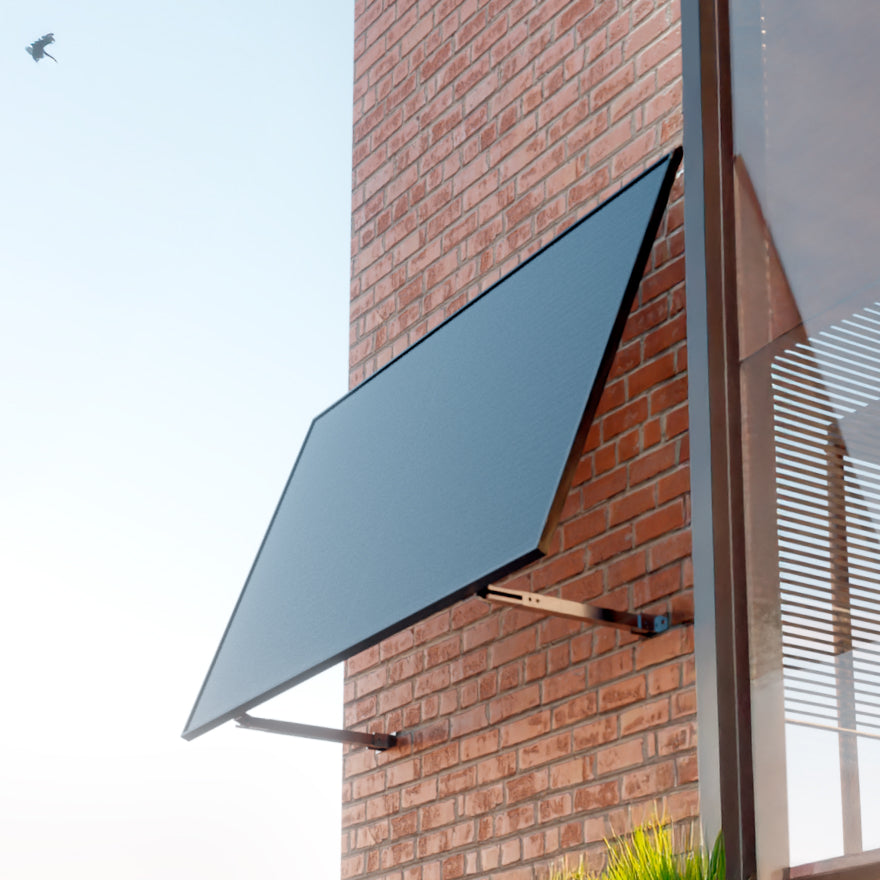
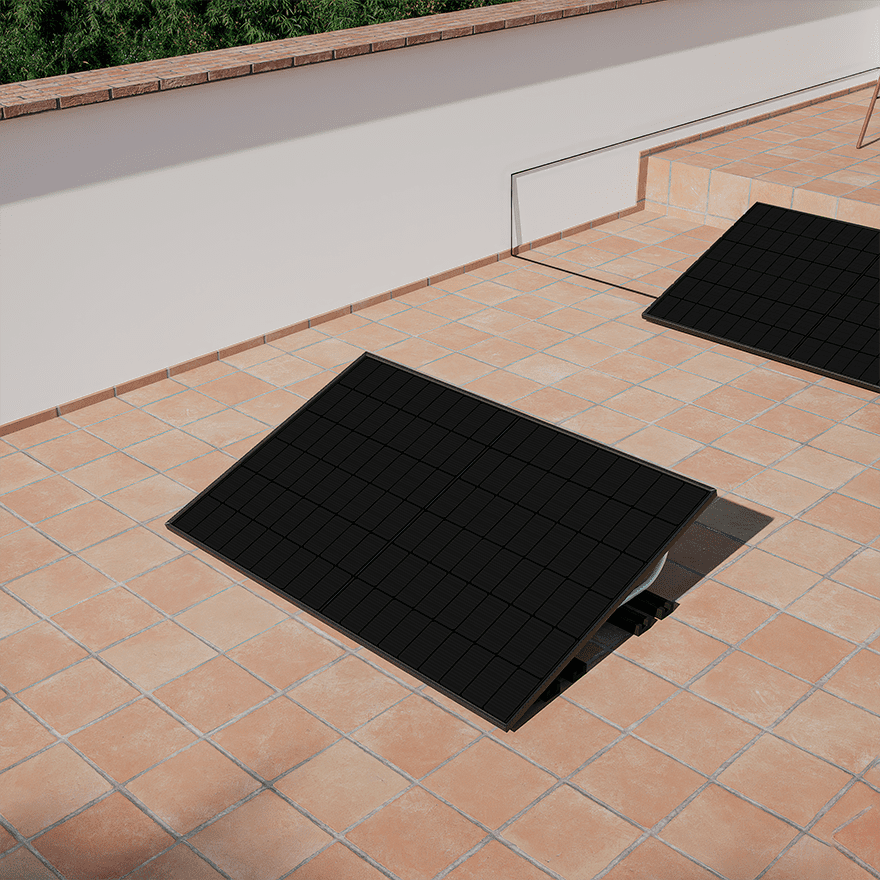
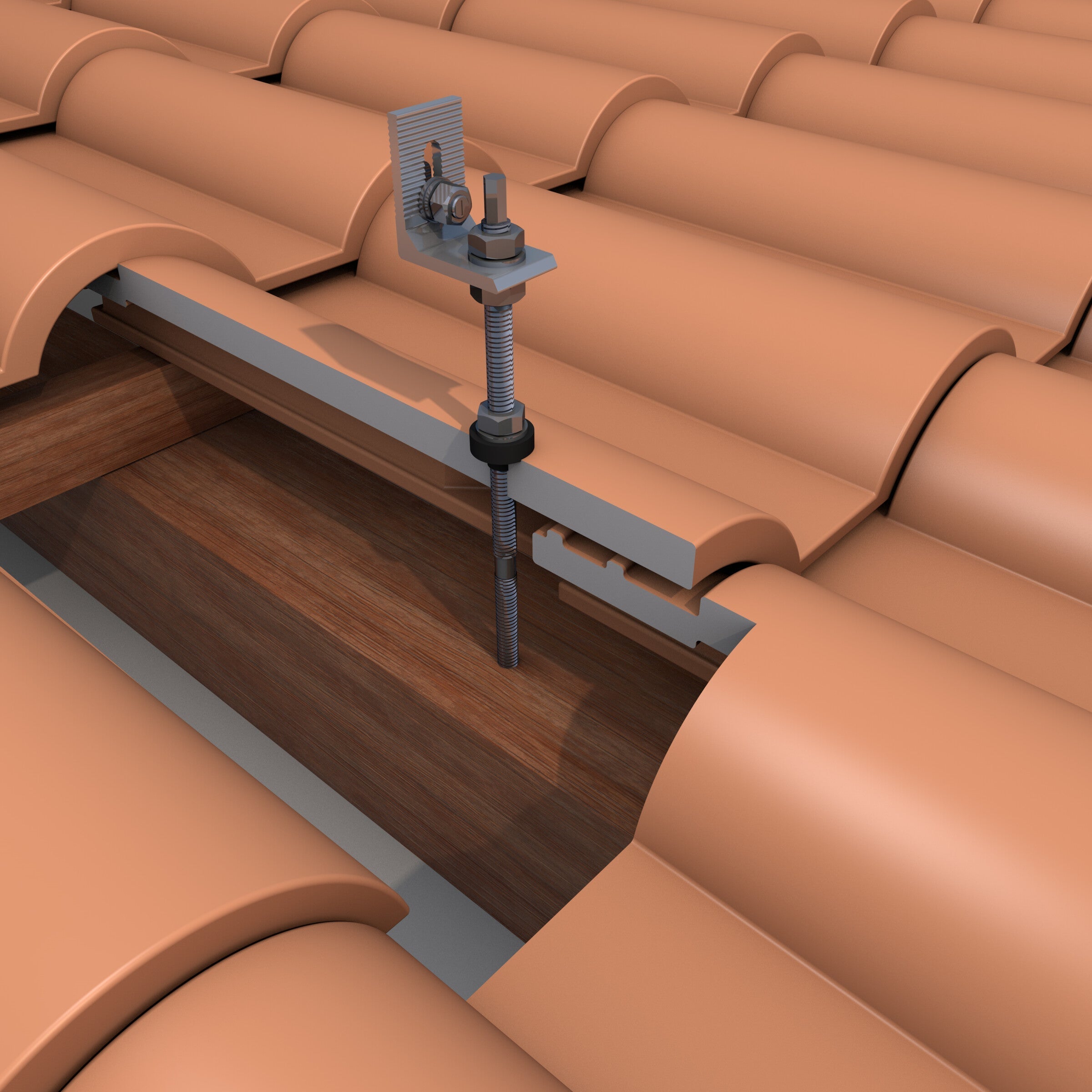
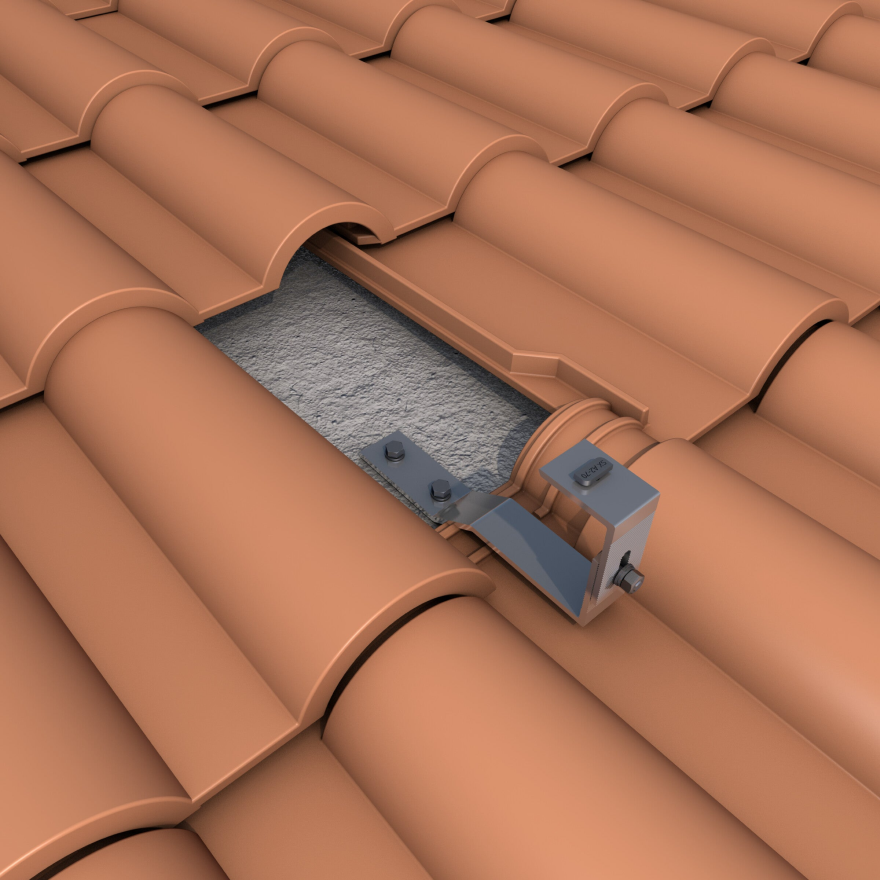
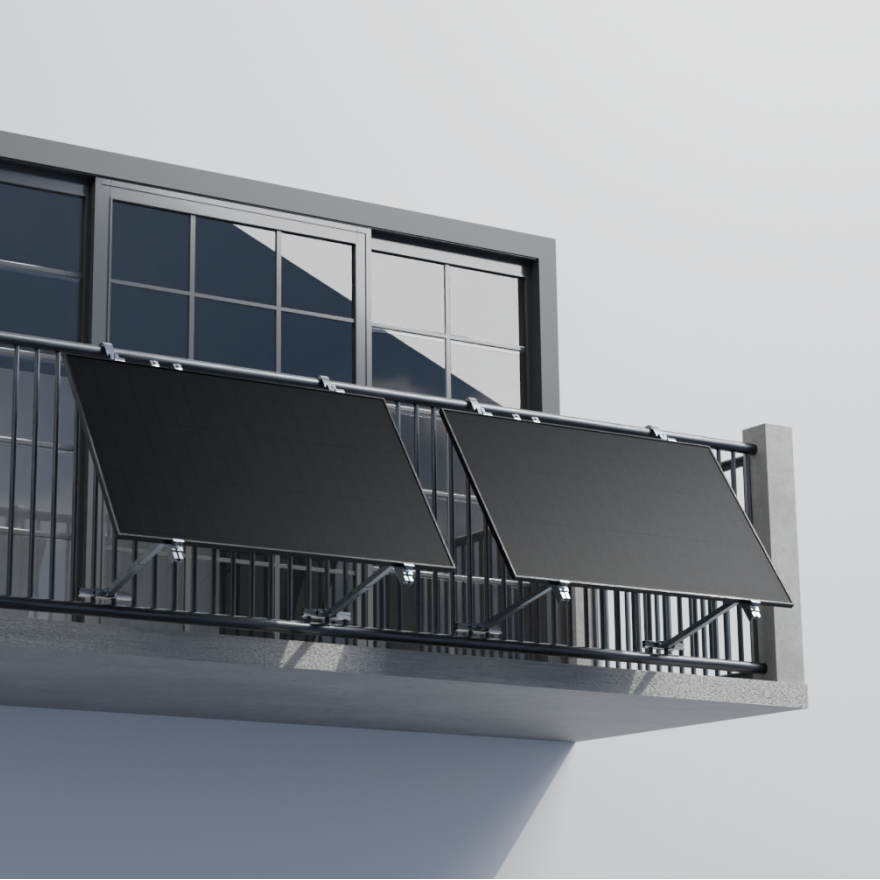
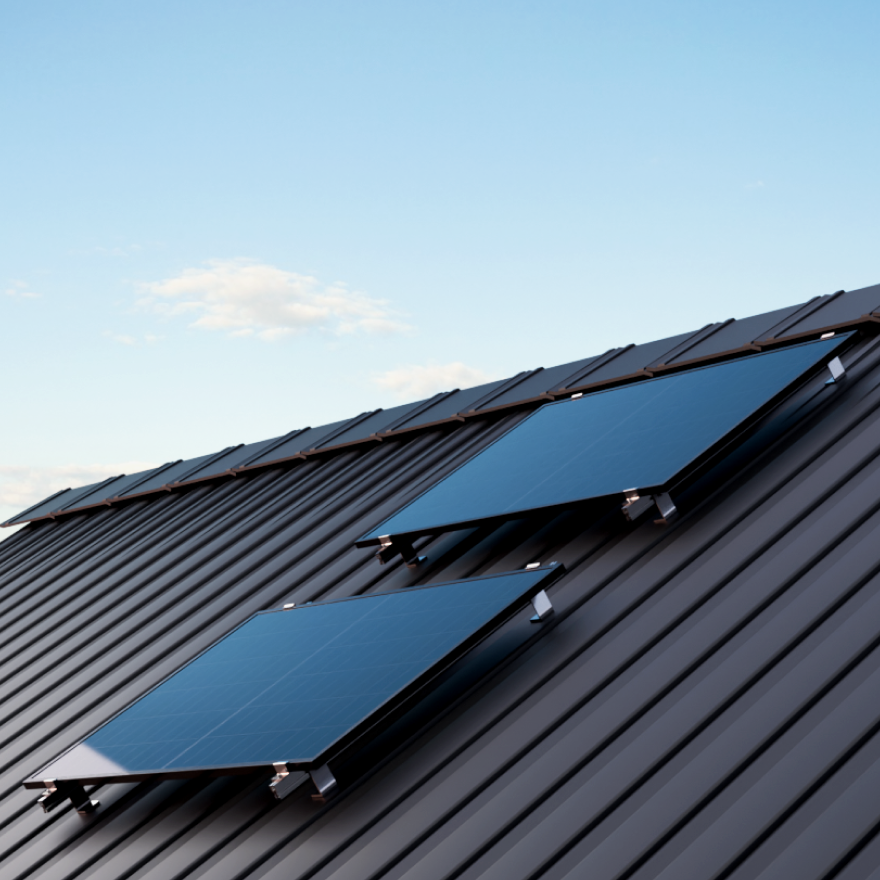
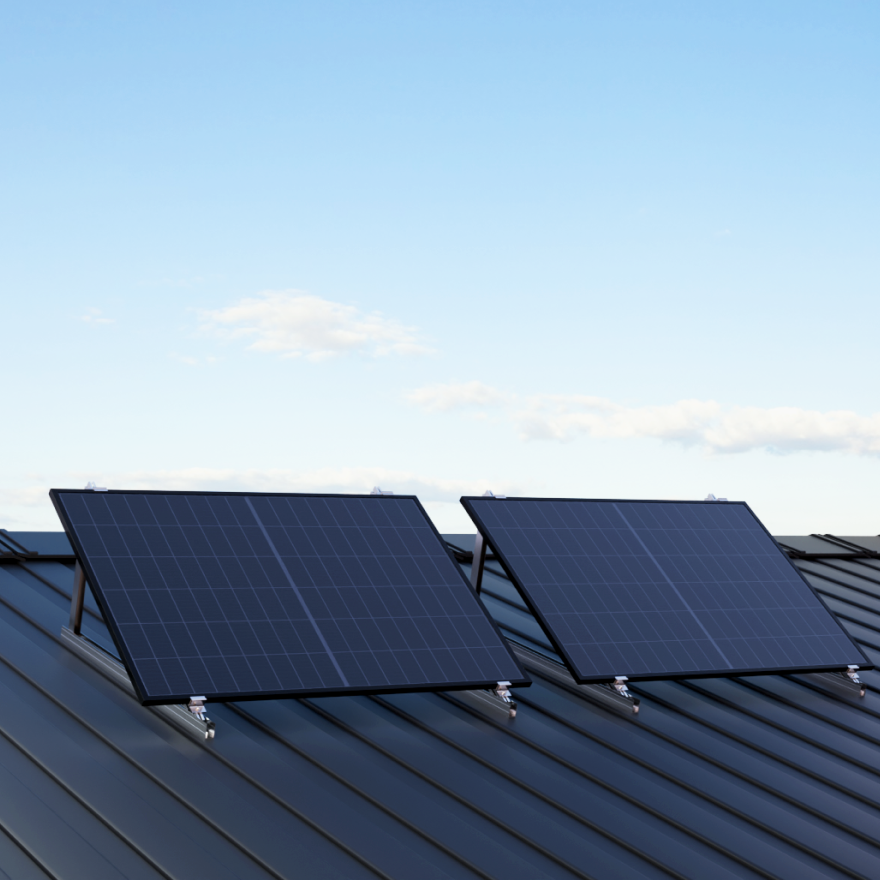
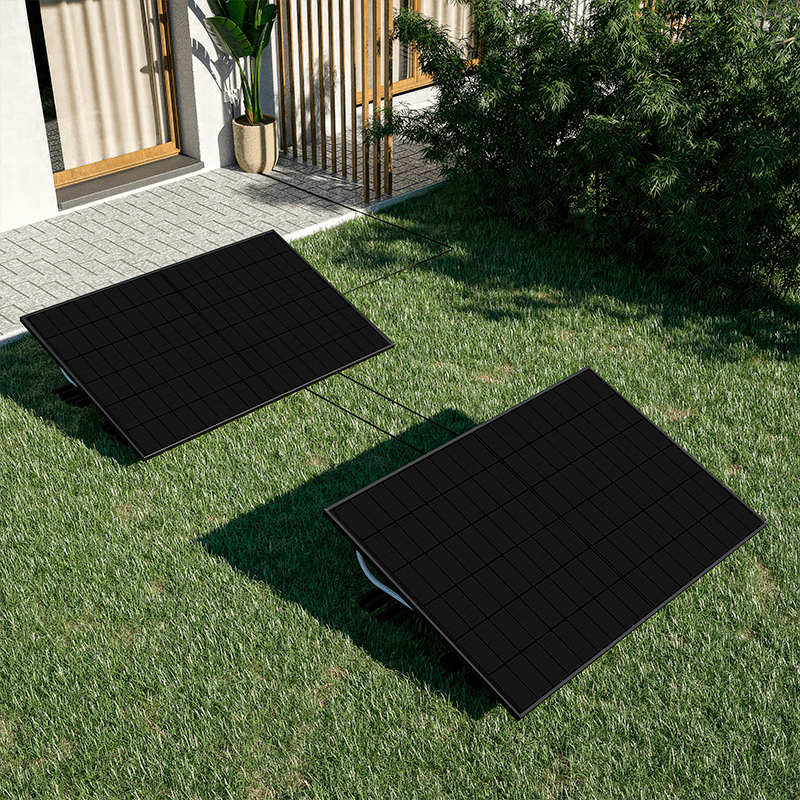
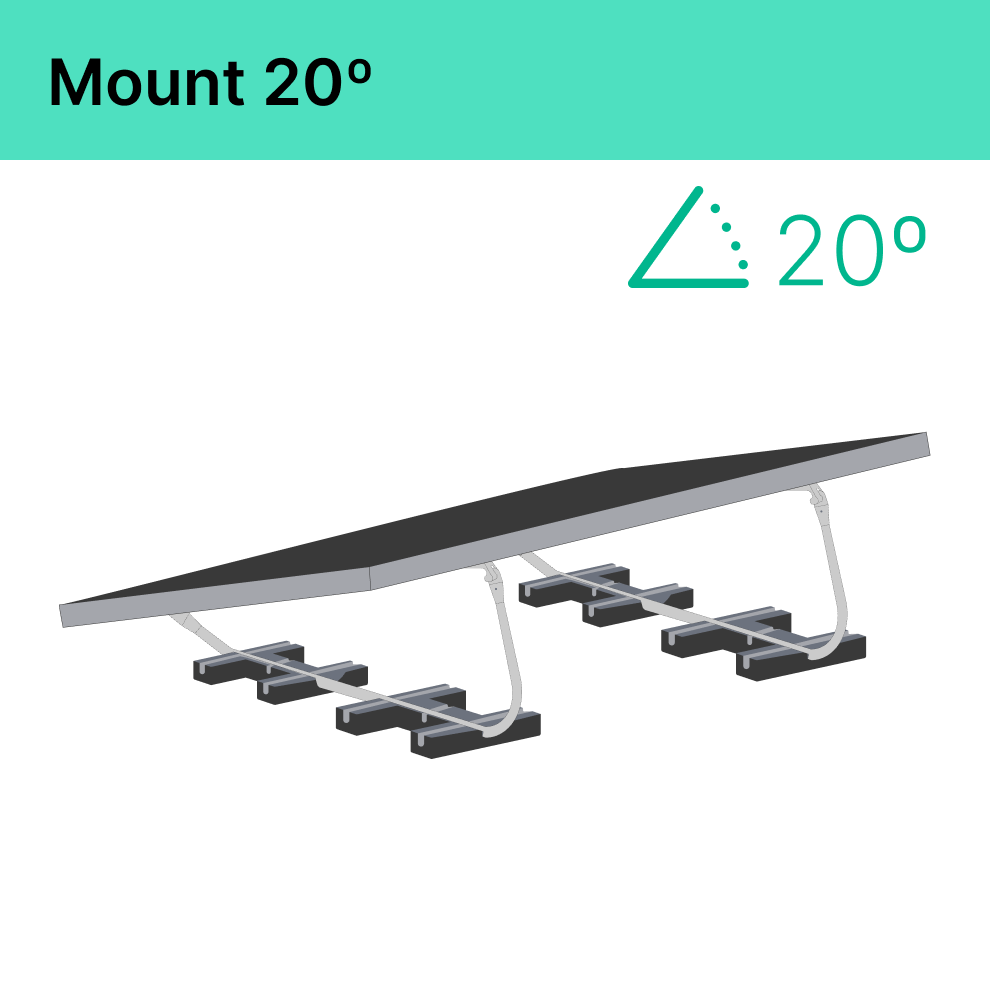
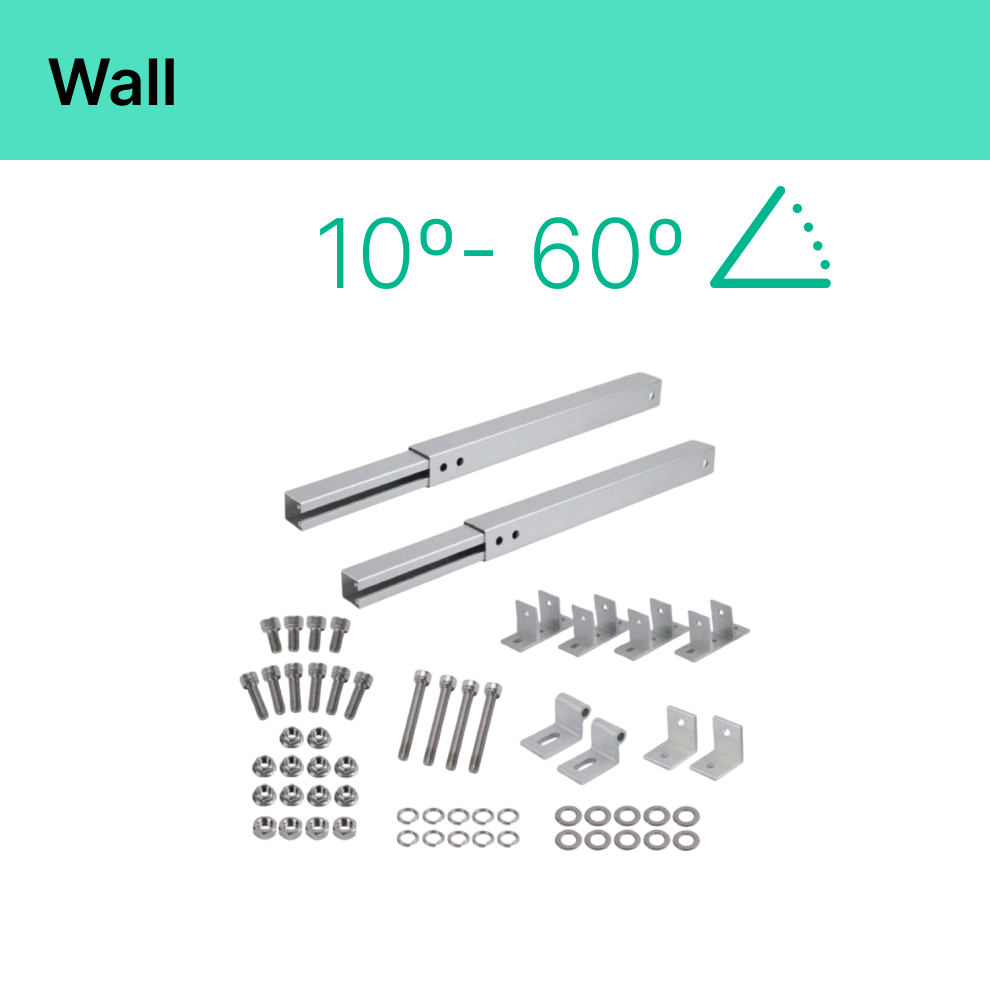
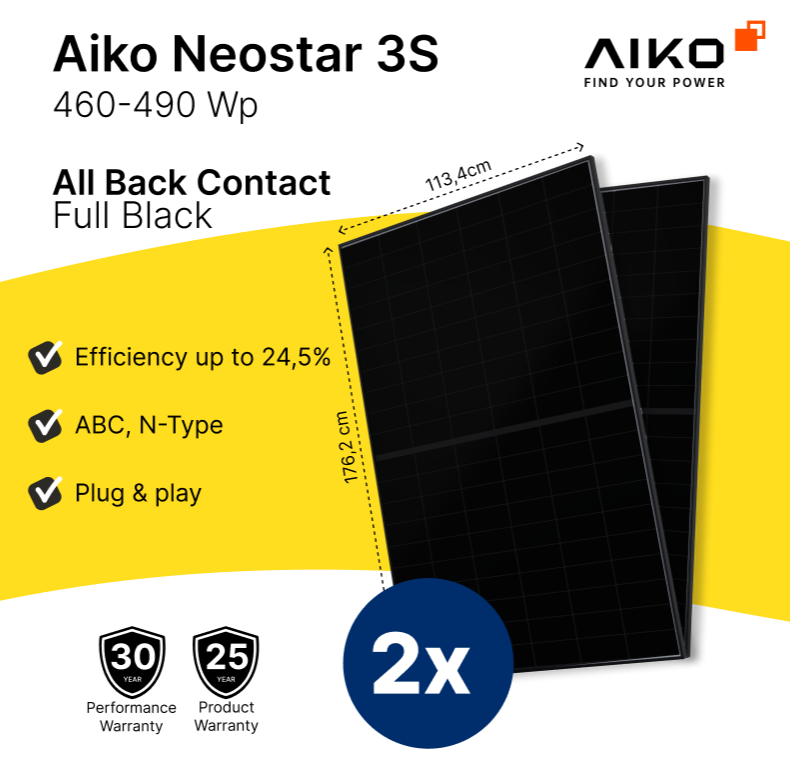
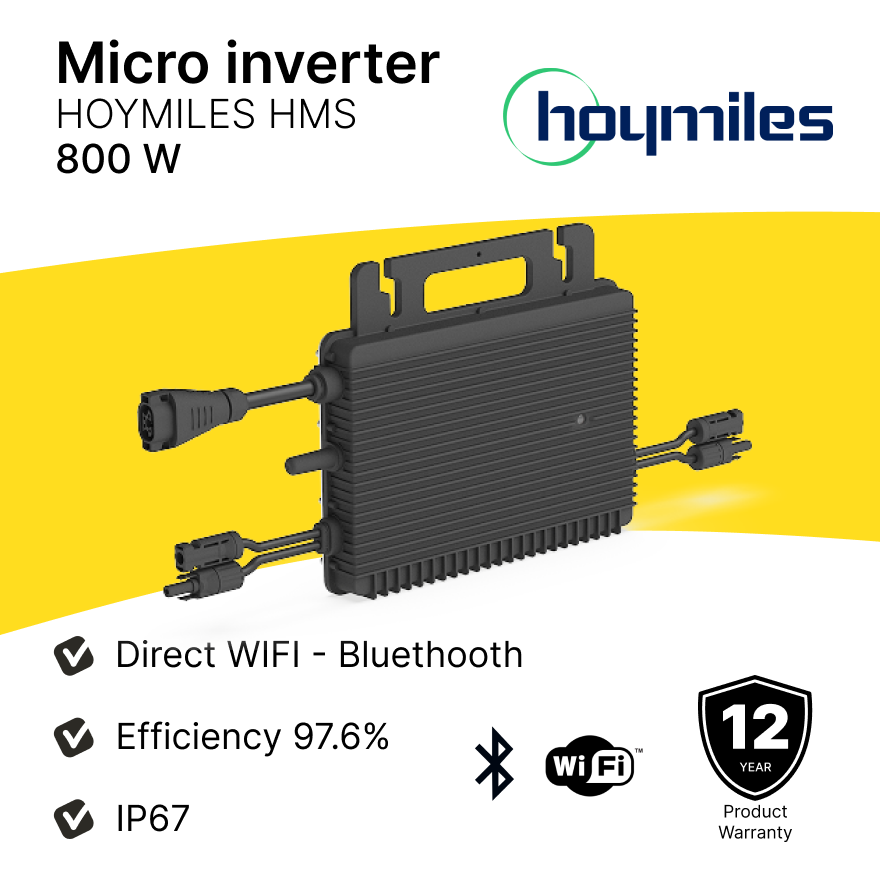
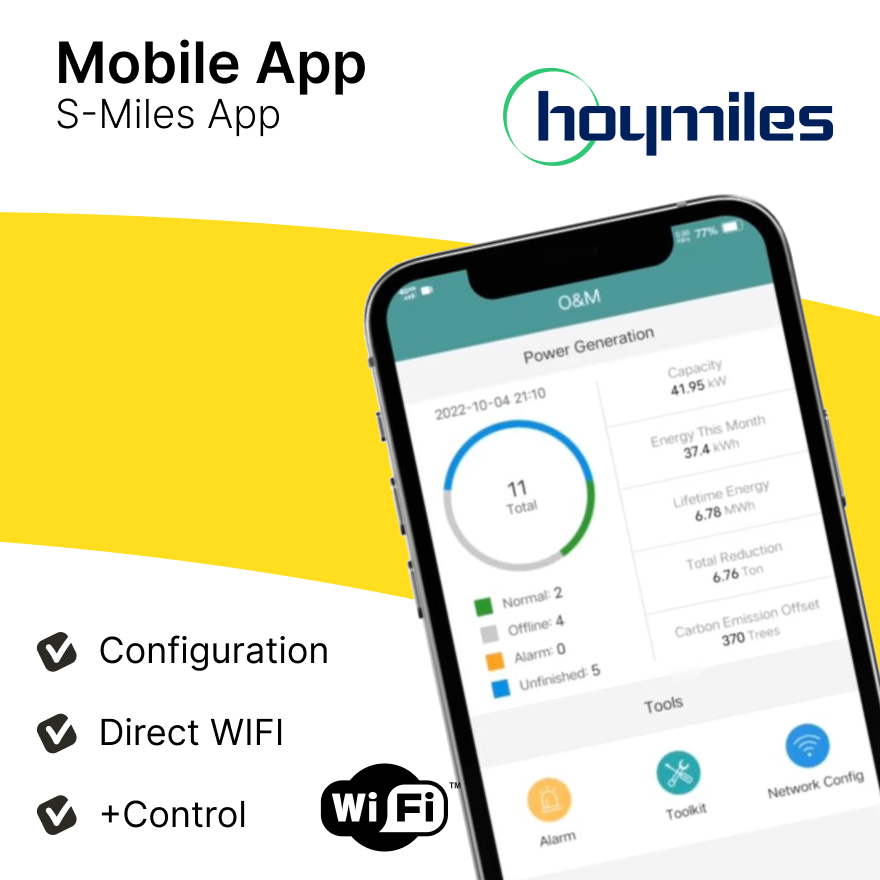

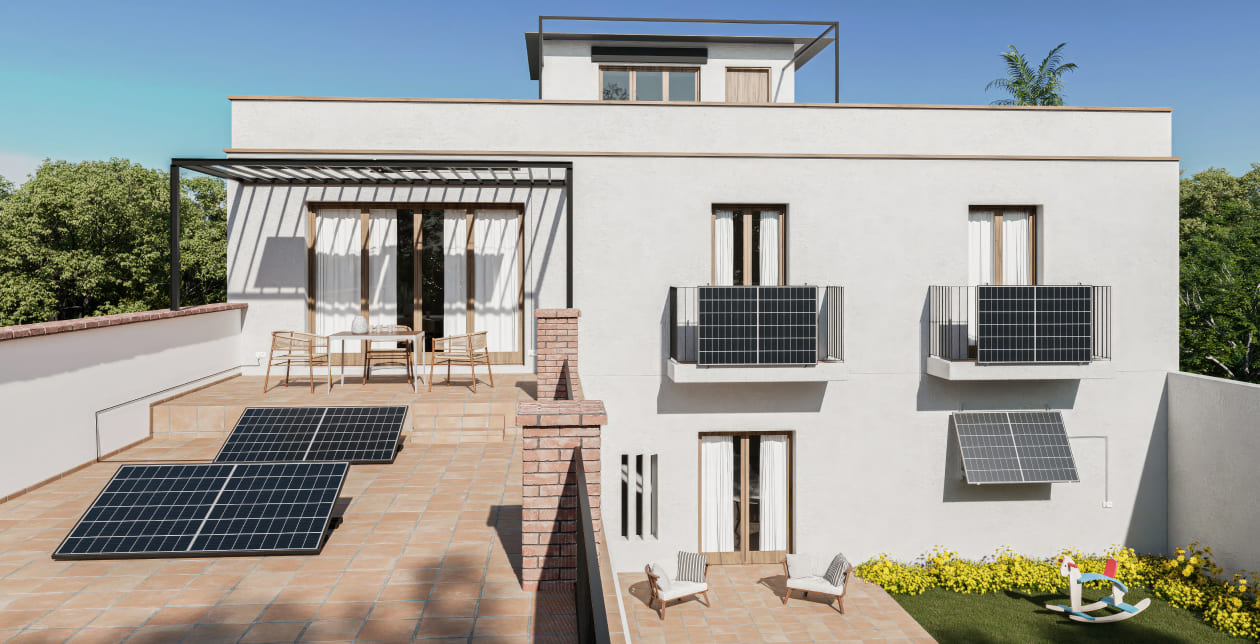
Leave a comment
This site is protected by hCaptcha and the hCaptcha Privacy Policy and Terms of Service apply.